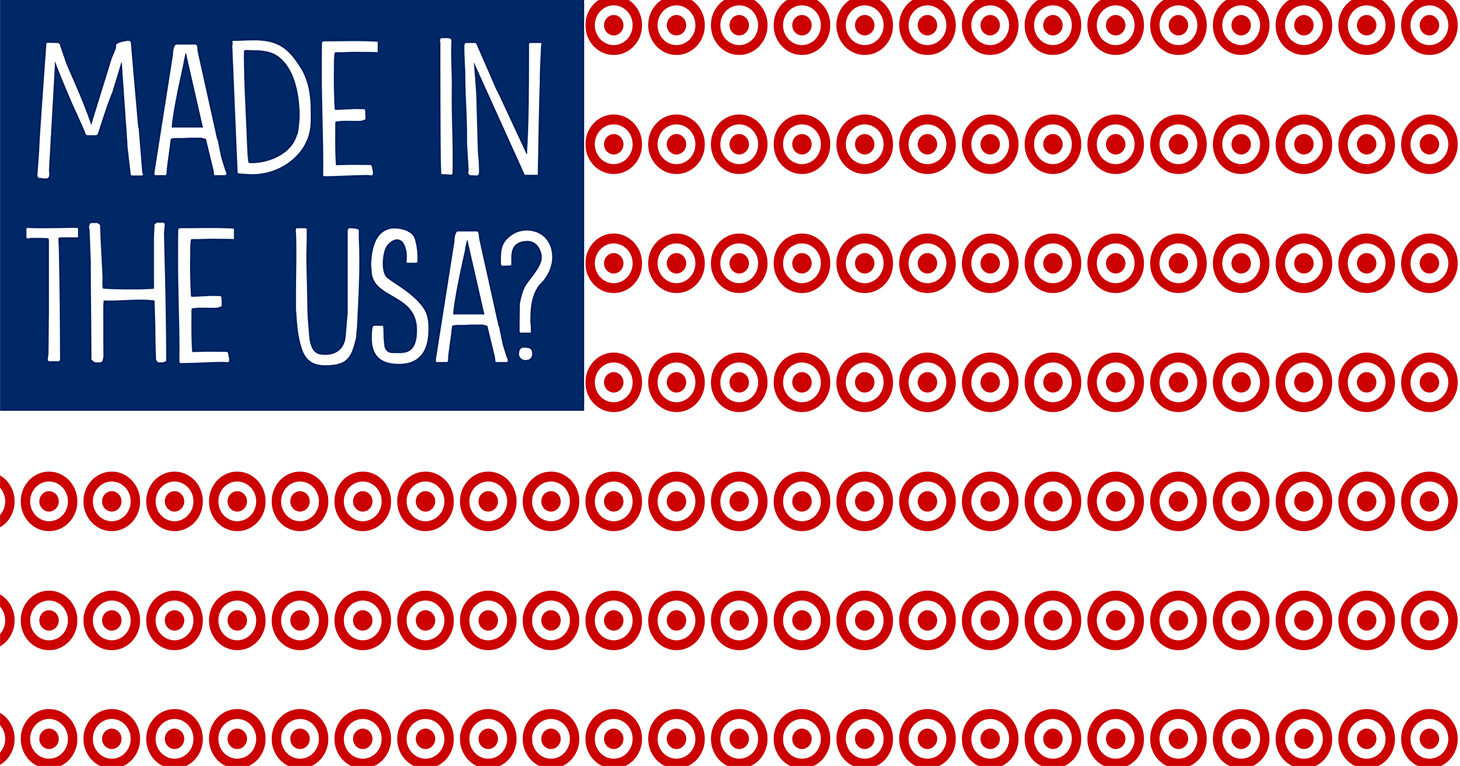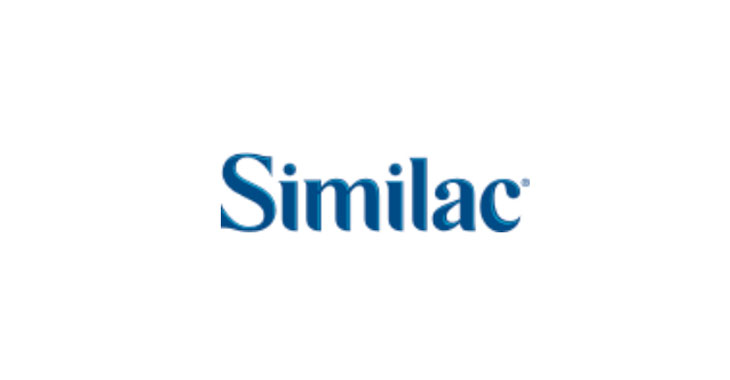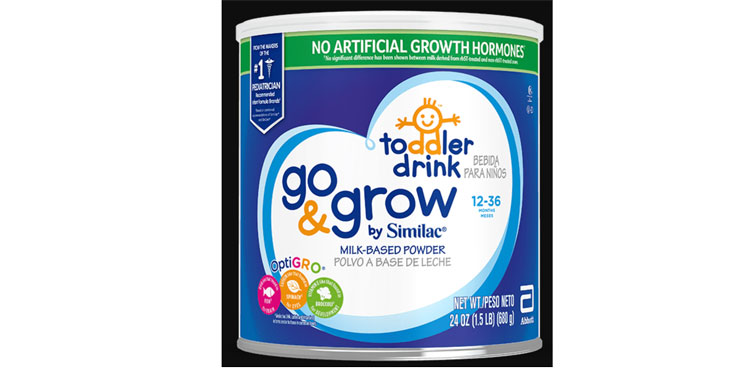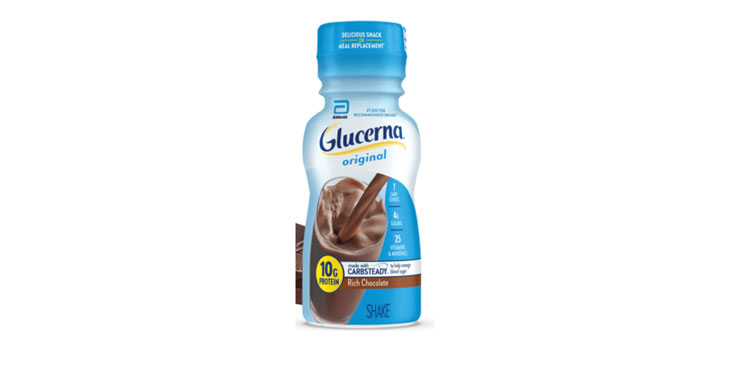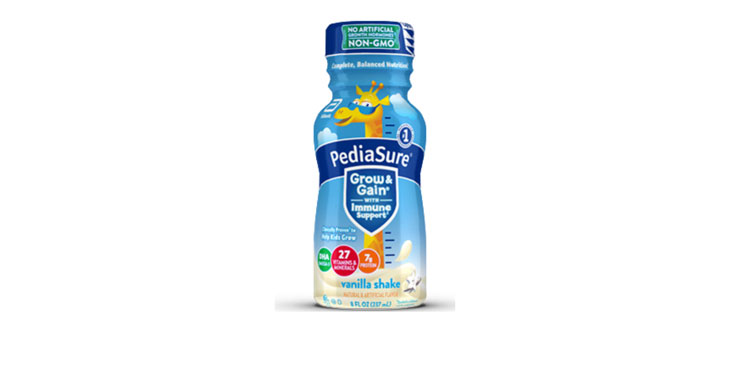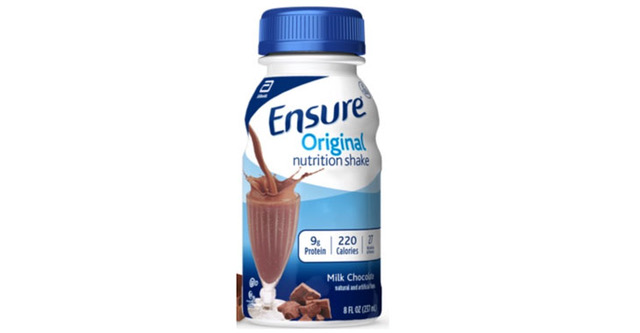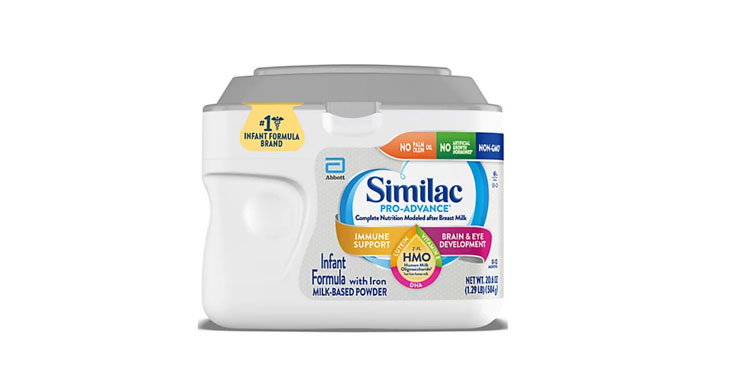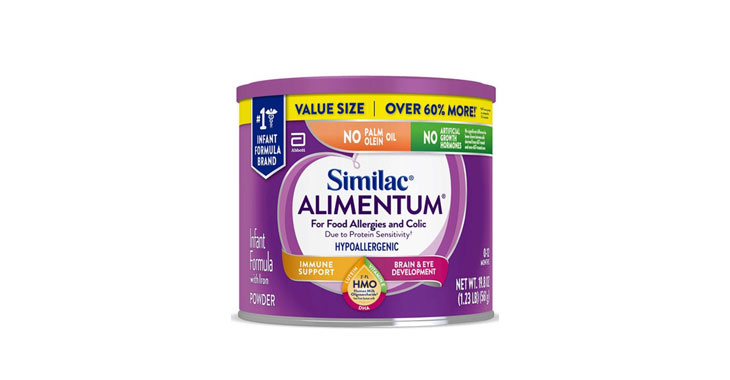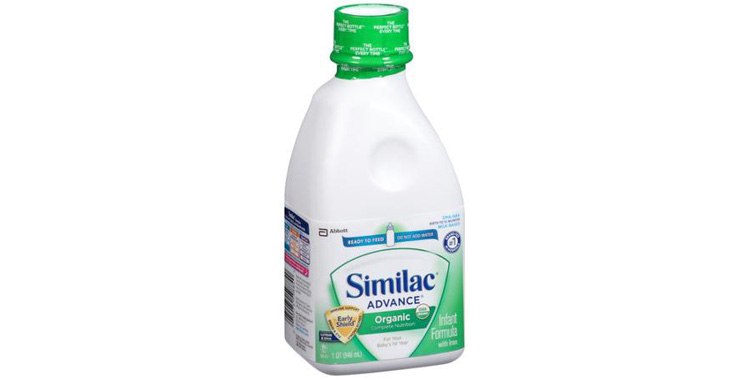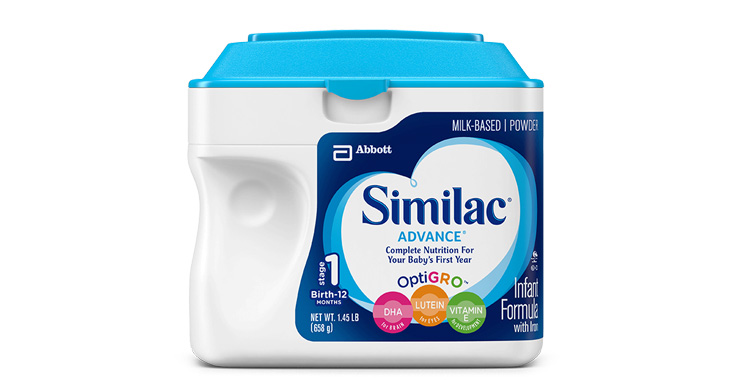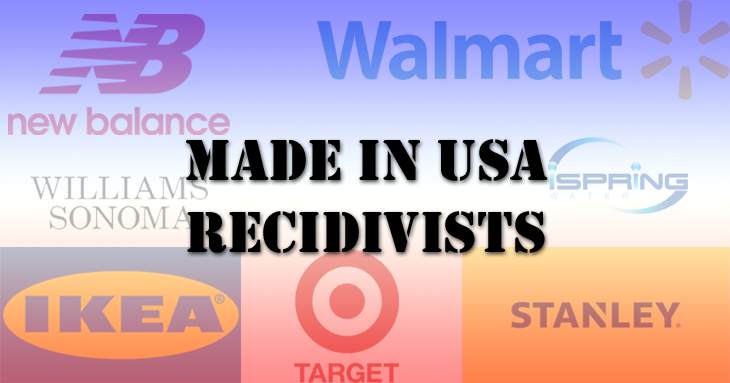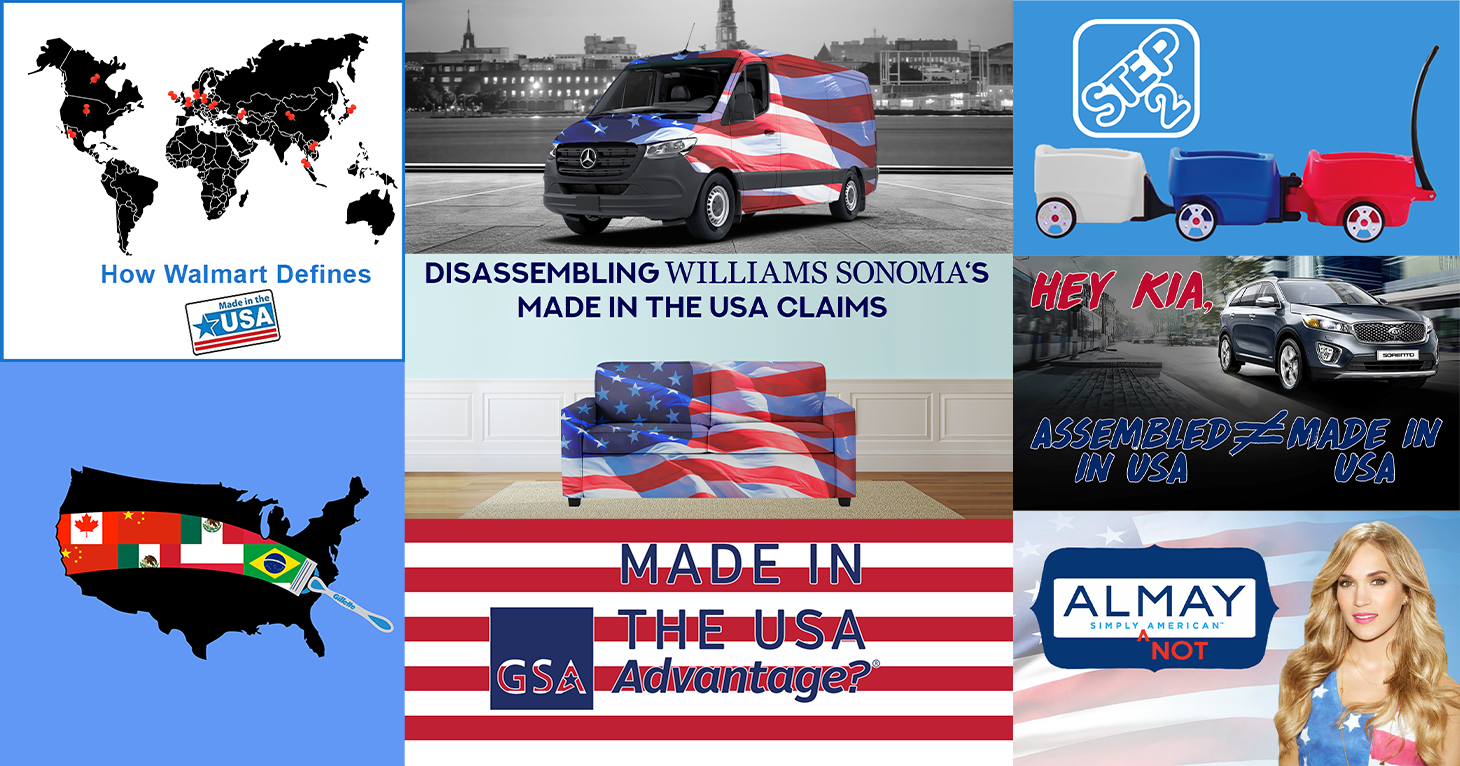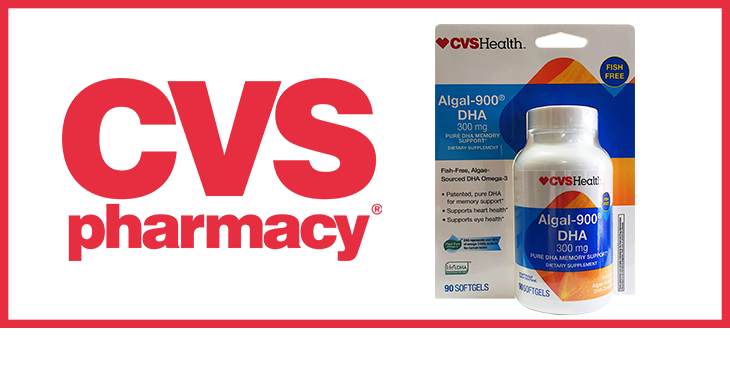
CVS
TINA.org investigated the marketing used to promote life’sDHA™, a supplement sold by CVS Pharmacy under the name Algal-900 DHA, and found that the marketing deceptively implied the product could improve memory…
Dave et al. v. Abbott Laboratories et al.
22-cv-7642, E.D.N.Y.
(Sept. 2022)
La Rosa et al. v. Abbott Laboratories et al.
22-cv-5435, E.D.N.Y.
(Sept. 2022)
Ovulation Test Kits
Falsely advertising that kits testing levels of luteinizing hormone (a hormone that generally rises quickly immediately before ovulation) predict ovulation with 99% or greater accuracy when spikes in hormone levels may be unrelated to ovulation
Dave case: Consolidated with the La Rosa case
La Rosa case: Dismissed; appeal filed
TINA.org investigated the marketing used to promote life’sDHA™, a supplement sold by CVS Pharmacy under the name Algal-900 DHA, and found that the marketing deceptively implied the product could improve memory…
TINA.org investigated Target’s website – www.target.com – and found that false and deceptive Made in the USA labeling issues were widespread on its site, including product specifications that falsely stated…
Allegations: Failing to disclose that products contain heavy metals
Allegations: Deceptively marketing products as meeting the nutritional needs of children who are older than twelve months
Allegations: Falsely marketing that products are “specifically designed for people with diabetes” and “help manage blood sugar” when they contain ingredients that negatively affect blood sugar levels and gut health
Allegations: Falsely marketing that products are “clinically proven to help kids grow” when scientific evidence shows such claims are not true
Allegations: Products make fewer 4-ounce bottles than advertised
Allegations: Misleadingly marketing drinks as healthy
Allegations: Products do not contain enough powder to make the advertised number of bottles
Allegations: Products do not contain enough powder to make the advertised number of bottles
Allegations: Falsely marketing products as “Non-GMO” when they contain ingredients derived from genetically modified food sources
Allegations: Misleadingly marketing formulas as safe when they cause serious health problems
Allegations: Making misleading claims in the marketing for formulas
FTC takes action against home goods and kitchenware company for misleading made in the USA claims.
1. New Balance In 1996, the FTC brought an administrative action against New Balance for making deceptive U.S.-origin claims about its sneakers. Since at least 2009, the company has marketed…
The dirt on beauty and personal care products marketed as “clean.”
MADISON, CONN. August 22, 2019– Consumer advocacy organization, truthinadvertising.org (TINA.org), filed a formal petition today requesting that the Federal Trade Commission (FTC) use its rulemaking authority to expand its enforcement…
A review of TINA.org’s work uncovering (and putting an end to) deceptive made in the USA ad campaigns.
